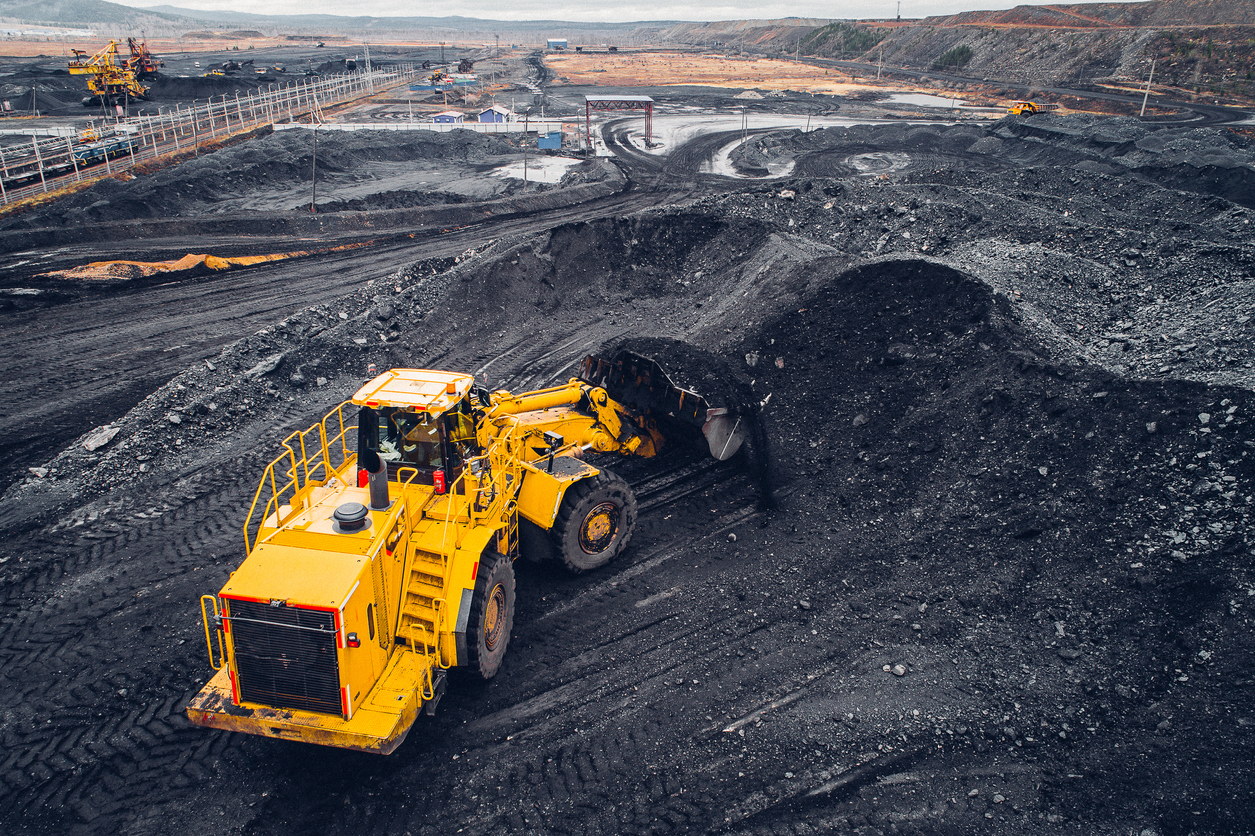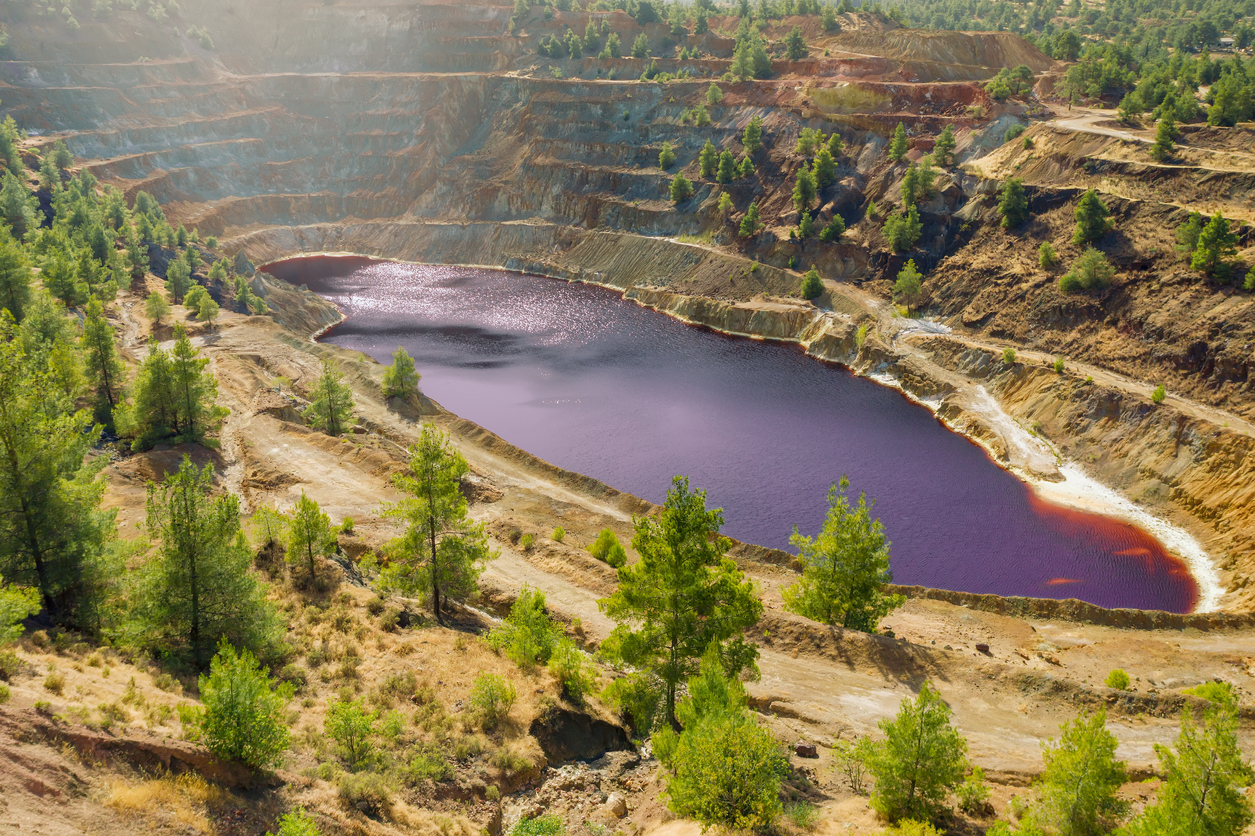Mining companies should take note of Canada’s stricter penalties and more aggressive enforcement of anti-corruption laws and make sure their anti-bribery compliance procedures are up to speed, lawyers, forensic accountants and mining executives warned at a recent conference in Toronto.
“Corruption is getting a lot more attention than it has in the past and we’re getting tougher on bribery,” Matson Drisscoll & Damico Ltd. (MDD), warned at the Global Anti-Corruption & Compliance in Mining Summit hosted by The Mining Journal in mid-December.
“The reputation risk that goes along with a violation under anti-corruption legislation is so significant that you really just can’t ignore it or take it lightly,” MDD continued. “It has to be a serious consideration for risk managers when they’re establishing controls for their organizations … The regulatory landscape is now challenging.”
Just the hint of scandal can send a company’s share price down by as much as 9%-11%, even before any allegations are proven, Mark Morrison, the conference chairman and a Calgary-based lawyer at Blakes, Cassels & Graydon, noted in his introductory remarks. “It’s bad for business … With mining companies there are potential liabilities in Canada, there are often potential liabilities in the U.S., as well as in a third-party country.”
Alexandra Wraige, president of TRACE International, which offers companies training options and risk-based due diligence and advisory services, added that studies have shown that even if a company successfully resolves a corruption issue and gets a clean bill of health, the public still tends to view it differently. “The stock recovers once you put the scandal behind you,” she says, “but it never fully recovers.”
Amendments to Canada’s Corruption of Foreign Public Officials Act that became law in July 2013 have also increased the scope of individual and corporate liability and lengthened prison terms from five to fourteen years for violations such as bribing foreign officials and disguising bribes through false accounting.
A trial under the amended Corruption of Foreign Public Officials Act in August 2013, for example, resulted in the first conviction of an individual. Business executive Nazir Karigar was convicted for his role in a conspiracy to bribe India’s Minister of Civil Aviation as well as various officials at Air India in a case involving an Ottawa security company and facial recognition software.
“He’s gone to jail for his role and that will definitely get the attention of senior executives,” MDD commented in an interview with The Northern Miner after the conference. “They understand now that it is serious and they could be risking jail time, not just a corruption fine.”
Previous convictions since the law was created in 1998 have been few and far between and resulted in just corporate fines. In June 2011, oil and gas producer Niko Resources was convicted of bribing a government minister in Bangladesh and fined $9.5 million, while Griffiths Energy in January 2013 was convicted of bribery in connection with production sharing agreements in Chad and fined $10.35 million.
Wraige, the author of Bribery and Extortion: Undermining Business, Governments and Security and co-editor of How to Pay a Bribe: Thinking Like a Criminal to Thwart Bribery Schemes, argues the best defence is having a really robust anti-corruption/anti-bribery compliance program in place, and noted that comparatively speaking, the mining sector faces more compliance challenges that many other industries.
“We work with engineering and construction companies that do major projects like building dams and things and those are comparable [to mining projects] in the sense that they are enormous upfront investments,” she elaborated in a later interview. “But the mining industry combines those challenges—that is the enormous upfront investment—with some of the most challenging countries in the world … Not all mineral wealth is located in challenging countries, but it does seem disproportionately located there.”
Wraige advises companies that are contemplating M&A or joint-venture transactions with companies outside Canada to familiarize themselves with local corruption laws, conduct litigation and media searches on key players, interview employees, talk to embassy staff, audit select transactions, examine payments to third parties and petty cash disbursements to particular employees, and have policies in place to deal with questions such as how to respond to a request for a bribe.
“Preventive measures are cheaper than remedial measures,” she said, noting that corruption investigations can take years and involve hundreds of billable hours from lawyers, accountants and forensics IT. If pre-transaction due diligence reveals significant red flags, she said, companies should consider abandoning the deal. Either way, companies in M&A mode must “bake the costs [of anti-corruption due diligence] into their numbers.”
“I have not heard—with the possible exception of Russia—of any country where you can’t do business … with the right expectations,” she said. “With careful advanced planning … it can be done … It just might take longer.”
In a panel discussion, representatives from Kinross Gold (TSX: K; NYSE: KGC), Teck Resources (TSX: TCK.B; NYSE: TCK) and Newmont Mining (TSX: NMC; NYSE: NEM) talked about developing compliance programs and the importance of creating a culture of compliance throughout the entire company that is well understood among all geographies and linguistic groups and that starts from the top.
“You have to make it accessible,” commented John Vanderbeek, Kinross’ vice president of compliance. “Is the code of conduct understood by your employees?”
Other efforts companies should take include updating risk assessment criteria and creating teams of compliance liaison officers that can train employees at all levels of a corporation. The mining executives recommended a combination of on-the-ground training sessions (as opposed to online sessions), and encouraging feedback and questions on compliance matters from employees through mechanisms such as company hotlines, including those for whistleblowers.
Phil Pesik, global compliance coordinator at Teck, relayed an anecdote from one of his in-person training programs in Chile. In one session, he spent fifteen minutes discussing kickbacks, but it was only when an employee called back later that same day on the company’s hotline did he feel comfortable asking questions. “Everybody has online training but you have to do live training and I use hypotheticals,” Pesik said. “The legal issues start to come out of the woodwork and it’s amazing what I’ve been able to uncover. It’s putting boots on the problem.”
Another key step that should be undertaken, mining executives and industry experts agreed, is to investigate third-party suppliers and service providers, in particular those with connections to government officials. Pesik pointed out that his focus on risk assessment has identified third-party suppliers with government contracts as the biggest risk.
Others emphasized the importance of fashioning codes of conduct that are tailored to the size and financial ability of each company. “In smaller companies you’ve got to have a realistic compliance program,” Pesik asserted. “You’ve got to identify what’s important … Often I see companies come out with very elaborate codes of conduct … They’re well thought out … but they fail miserably.”
Peter Dent, president and chair of Transparency International Canada, noted that many companies are working on codes that are defendable in the eyes of regulators, but emphasized that companies also need boards that ask the right questions of their executive management teams. “If your executive and board talks about financial results beyond everything else — that’s the culture of your organization,” he said.
Others, like James Kindon, the former global head of compliance at ENRC, a company with operations in mining, refining, transportation, logistics, energy and sales and over 75,000 employees, said sometimes you just have to write off an entire generation.
“Trying to change the culture in places like Kazakhstan and Russia is something that will take generations,” he says. “Paying bribes in Russia and Kazakhstan is much more accepted. At some point, you have to write people off. They’re fifty-five or sixty years old and have done it that way forever … If you’ve already lost a generation, get the new generation [and] pray to God the [older generation] retires early.”
By Trish Saywell. Published in the Northern Miner – January 2015.
The statements or comments contained within this article are based on the author’s own knowledge and experience and do not necessarily represent those of the firm, other partners, our clients, or other business partners.

































